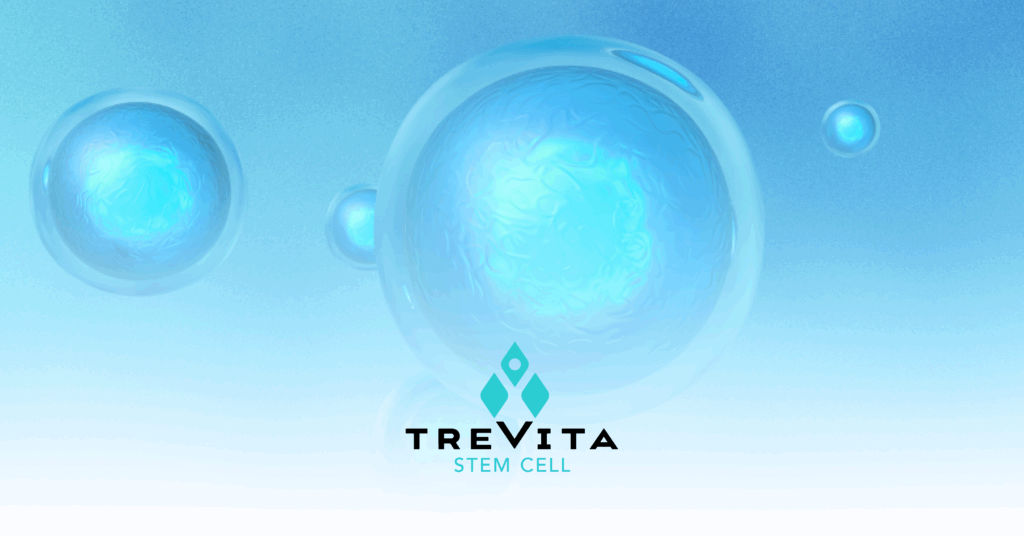The entire experience could not have gone any better. They were attentive to my every need. They explained the process and was always available to address my concerns. The location was clean and top notch and the staff was fantastic. They are all about follow up. From the moment I arrived to when and I left and even AFTER I made it home they were constantly checking to make sure I was good. I would go back to them in a heartbeat. I highly recommend TreVita!






